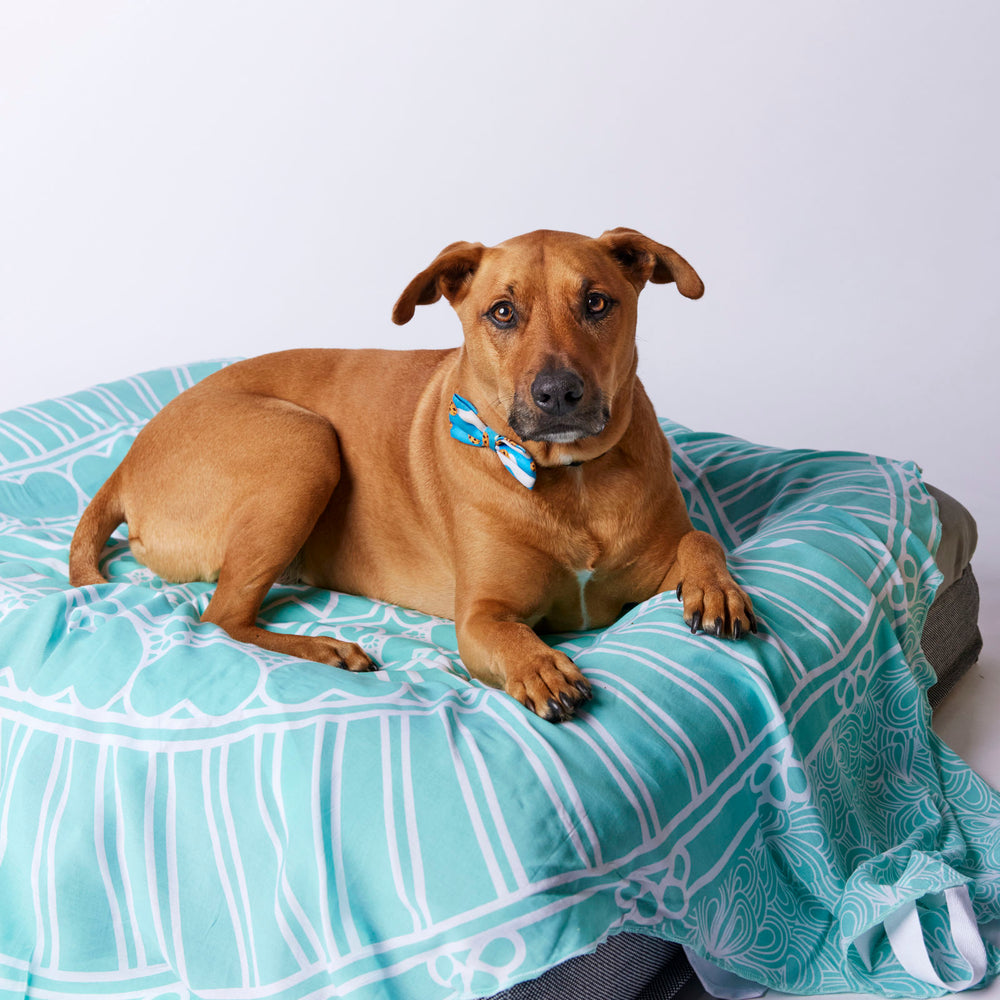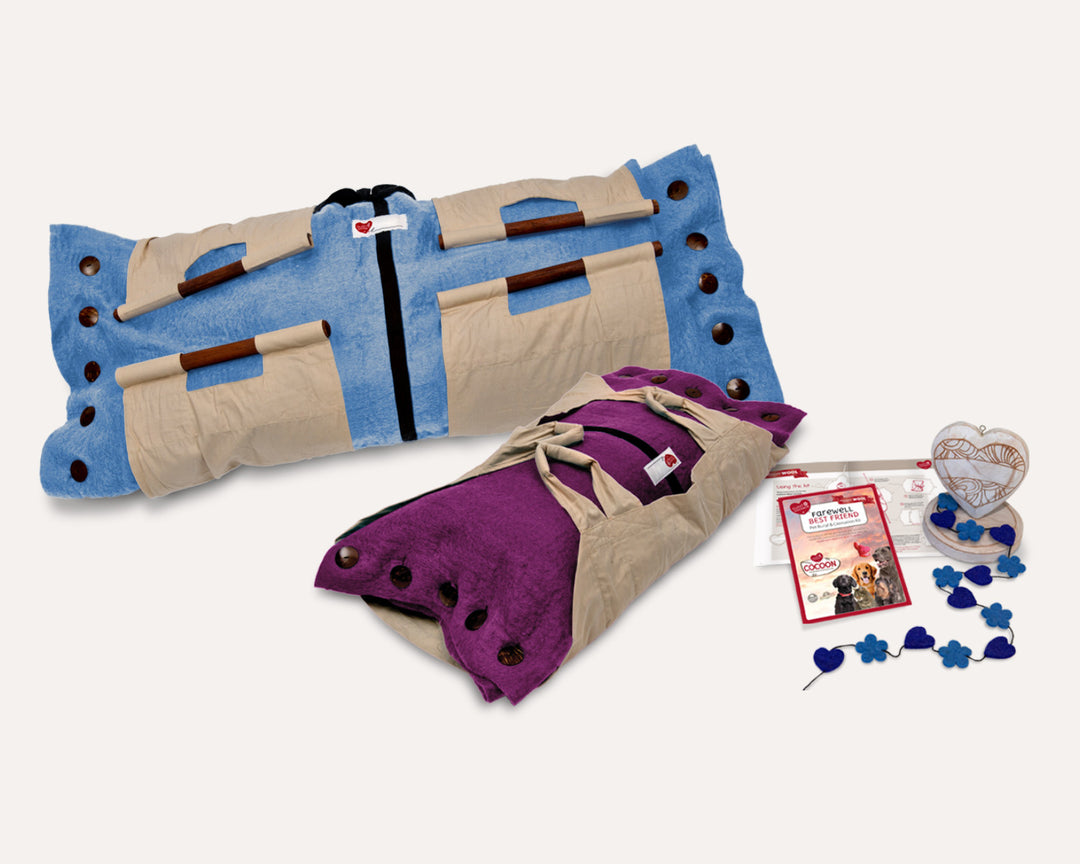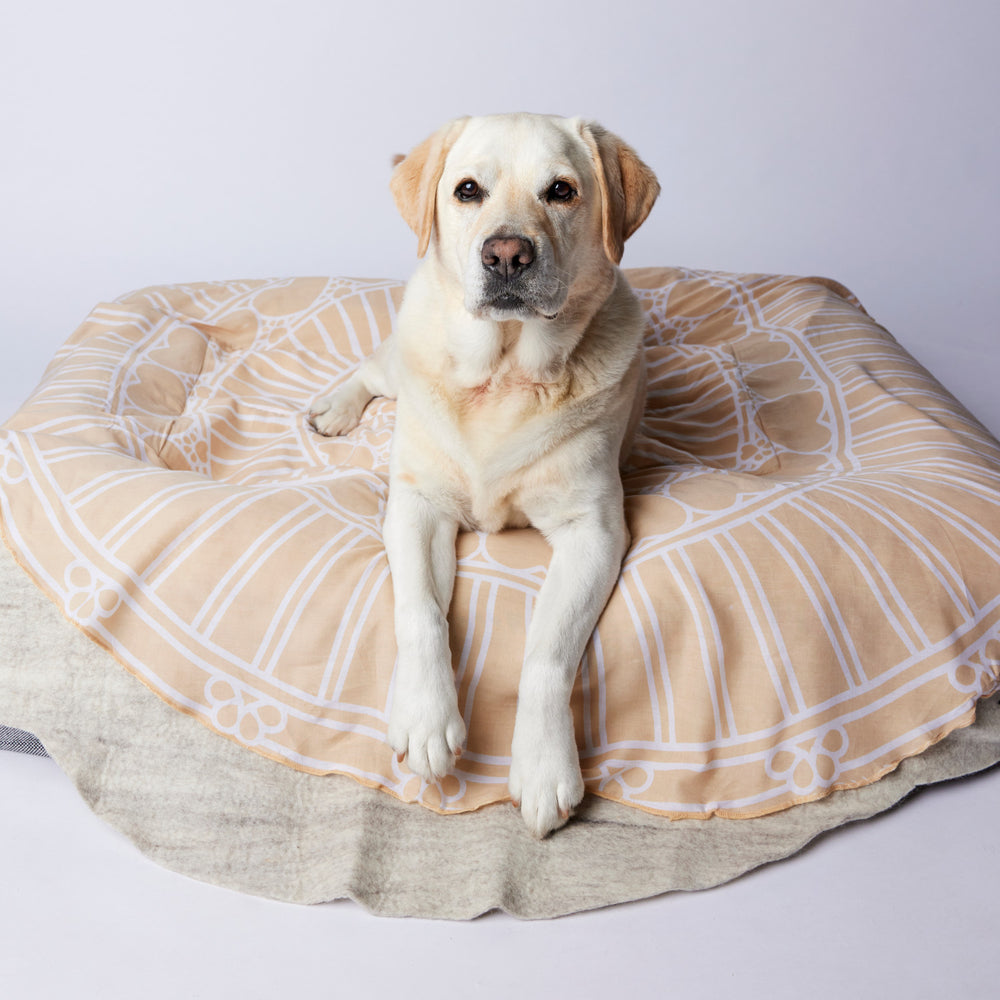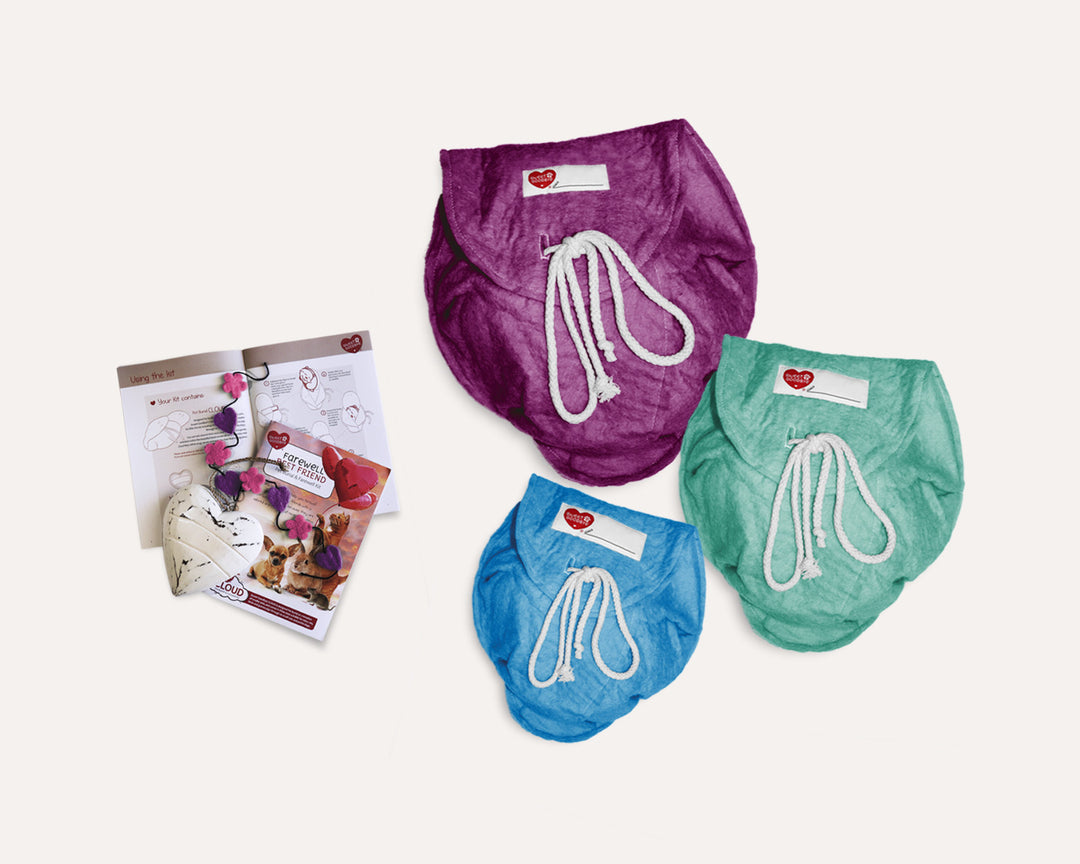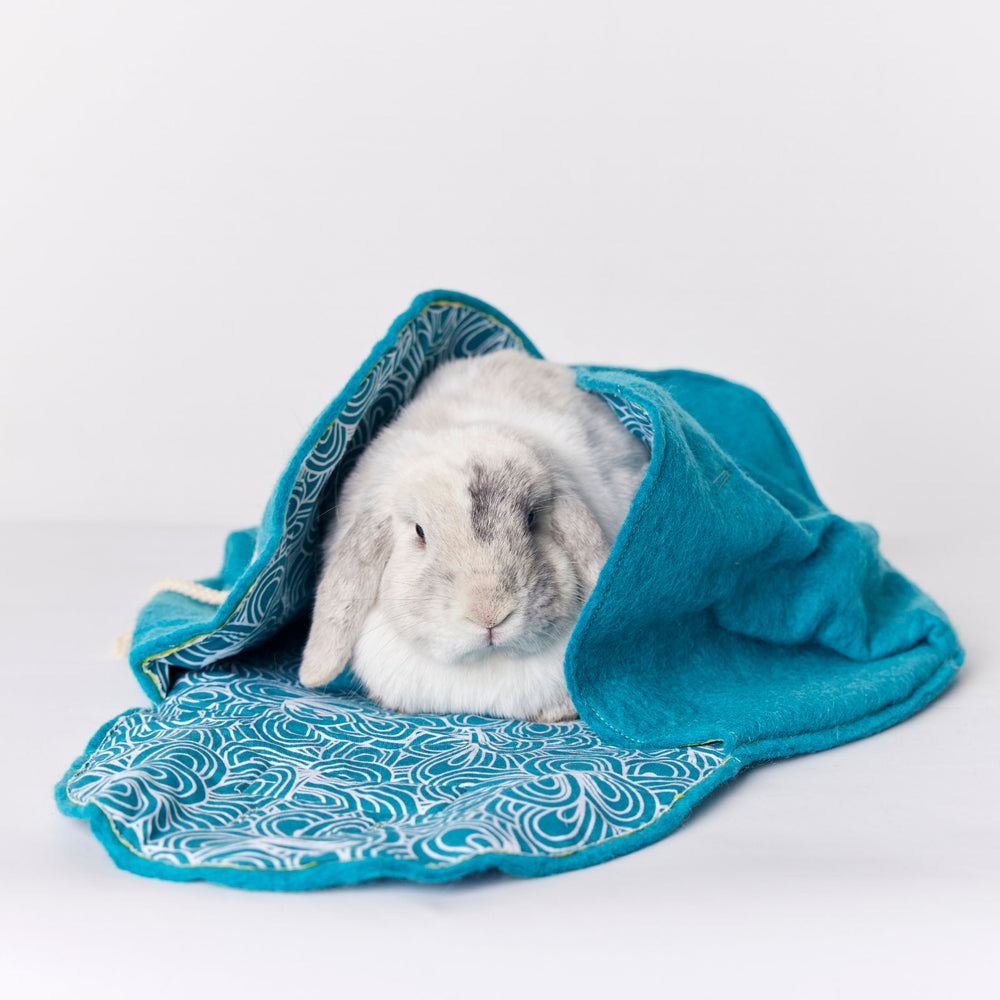10 Practical Weight Loss Tips for Senior Dogs

Obesity or being overweight is one of the common problems dogs can face. As they age, their metabolic rate decreases, and they are likely to put on weight. Obesity opens the doors to various health problems, including cardiovascular issues and musculoskeletal problems that consequently result in mobility issues.
Maintaining a healthy weight is key to the health and happiness of our furry friends, but, at the same time, this can be quite challenging, particularly for senior dogs. If your dog's ribs and shoulder blades aren't visible or there is a fat roll at his tail's base, it's time for some weight loss.
We have put together 10 tips to help your senior dog lose weight.
Set a Realistic Goal
Setting a goal is essential in a senior dog's weight loss journey. Be compassionate and decide which plan is best for your old dog. Consult a vet to know how much weight your dog needs to lose and then act accordingly. Remember to be patient, like humans, weight loss does not happen overnight.
Feed More Protein and Less Carbohydrates
The ratio of carbohydrates to fats and proteins is more valuable than calories in a dog's weight loss journey. Most weight-loss diets are rich in carbohydrates but low in proteins and fats. However, this combination makes losing weight a challenge.
Senior dogs require a protein rich diet in order to build and maintain lean muscle. They don’t need a lot of carbohydrates. The ideal weight loss diet would be high in proteins, moderate in fat and low in carbohydrates.
Avoid Giving High-fibre Foods
Fibres are indigestible parts of carbohydrates and consuming them in high amounts won't make your dog feel satisfied. They may also interfere with a dog's nutrient absorption.
The best source of fibre is grains. Many grain-free foods are rich in protein and low in carbs which is great for weight loss.
Feed Them the Right Fats
We must remember that oils are pure fat and they add 40 calories per teaspoon so we must be careful what oils we give senior dogs. You should avoid adding too much fat to their diets.
Fish oil that provides combined EPA and DHA is highly recommended . The concentration of EPS and DHA is based on your dog's body weight and may be higher for specific health problems, so seek advice from your vet before starting your dog on any oil supplement.
Omega-3 fatty acids from fish oil helps with weight loss and makes dogs feel more satisfied.
Be careful if adding coconut or olive oil to your senior dogs diet as they are extremely high in fat.
Reduce a Dog's Food Portion Size

Rather than making rapid drastic changes, reducing your dog's food portion size by five percent will be effective. Try this for a week or two. If you don't see any weight loss, cut their food by another five percent and feed this amount for another week or two. Keep reducing the food portion gradually until your senior dog begins to lose weight.
Making drastic changes can affect your dog's metabolism and that may result in health problems. Losing weight slowly and steadily is best for long-term success.
Measure Everything a Dog Eats

Measuring your dog's food is essential as it will help you know if they gain weight. One way to get consistent weight control is to measure your dog's food using an electronic scale, just like the ones you use in your own kitchen. Don't rely on the packaging for accurate portioning.
Switch to Different Treats

Rewarding pets with treats is essential to strengthen the bond with them. But keep an eye on how many treats and what kind of treats you feed your senior dog. Treats can add up too many calories in no time.
Consider giving healthy dog treats or those low in calories, particularly if you reward them regularly.
Also consider leaner meat rather than beef or fatty pork. Turkey is great and has less fat and calories. Organs such as heart and liver are also low in fat and a great source of protein.
Opt for a Homemade Diet

Homemade dog food is ideal for seniors especially if we want to know how much food our dog consumes.
Feed them low-fat dairy, vegetables, and lean meats. Removing grains and starches from their diet will make weight loss easier. Pork, lamb, or fatty meats should be only given occasionally.
Ensure they are fed enough protein and healthy fats to prevent protein deficiency which can result in muscle loss.
There are many great recipes available online, so get your aprons on and start cooking!
Keep Senior Dogs Moving

Exercise is essential for dogs regardless of their age. Senior dogs have difficulty moving, especially if they are overweight or have arthritis. Playing fetch with old dogs for a few minutes can help them lose weight, every little bit of exercise helps.
Weighing a Dog is Essential

Once your senior dog begins to lose weight, weighing them weekly or monthly is essential. Most veterinary clinics have a walk-on scale perfect for dogs of all sizes. Ensure that things are on track, as it's easy to slip back into feeding dogs too much.
Maintaining a healthy weight for senior dogs is vital to ensure they have a long, healthy and happy life. Whilst we hope these tips are helpful , weight gain may indicate underlying medical conditions. It is always advisable to visit your vet if you notice any significant changes in your dogs’ weight or eating habits.





